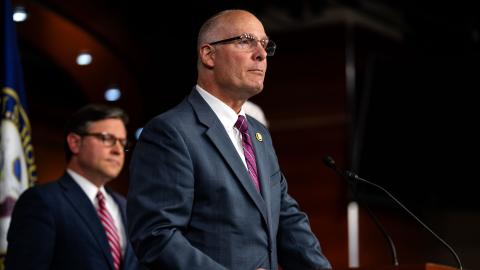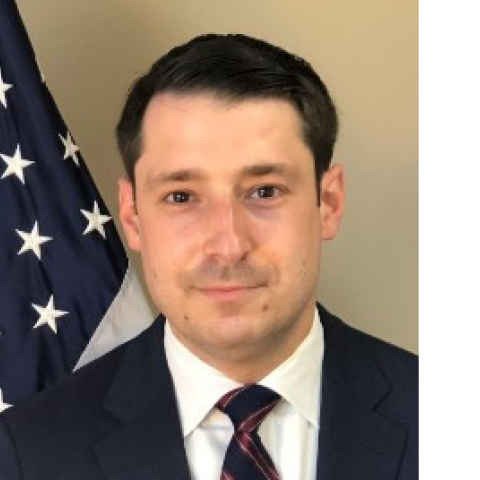A notorious kleptocrat eyes up a penthouse overlooking New York’s Central Park. He covets the property, then swiftly and secretly moves a stupefying sum of money, and the property title is transferred. Our villain has parked his stolen loot safely on U.S. soil, and at no point was anyone required to flag the transaction. It’s just business, right? Never mind where the money really came from—or who was hurt in the process.
The New York Times’ “Towers of Secrecy” investigation into high-value anonymous real estate purchases shook public opinion last year, prompting the U.S. Treasury Department’s Financial Crimes Enforcement Network (FinCEN) to issue Geographic Targeting Orders (GTOs) in January 2016. These require “certain U.S. title insurance companies to identify the natural persons behind companies used to pay ‘all cash’ for high-end residential real estate” in Manhattan and Miami-Dade County. GTOs were recently extended and expanded to include Los Angeles, San Francisco, San Diego, and San Antonio.
The problem of anonymous purchases stems from an exemption granted to real estate professionals from the otherwise mandatory submission of Suspicious Activity Reports under the Patriot Act. The (then) head of FinCEN, Jennifer Shasky Calvery, commented:
"Under the U.S.A. Patriot Act, the Treasury is already authorized to require real estate companies to scrutinize real estate buyers, but the department has in the past faced fierce lobbying against issuing such rules. The department already requires mortgage lenders to scrutinize buyers. But cash buyers have been a big hole in the government’s oversight of the market."
FinCEN’s orders aim to close this gap. The danger of shell (or “anonymous”) companies is that they allow individuals unknown to the buyer to make stupendously expensive purchases, safeguarding vast sums of money in relatively stable and secure real estate markets. GTOs target high-value, all-cash purchases, leaving little to no room for wealthy buyers to remain anonymous. The orders also clearly define a beneficial owner as an “individual who, directly or indirectly, owns 25 percent or more of the equity interests of the purchaser.”
This is all very well, but GTOs have an important weakness: They are temporary measures that will expire on February 23, 2017. The first order was rolled over and expanded–presumably because it was working. Once the second order expires it should be extended for another term, and geographically expanded to include more jurisdictions. Ultimately, GTOs must be drafted into permanent laws.
Another important step is to make the information being reported about elite purchases—currently catalogued in a database viewable only by law enforcement—fully available and searchable to the public. The one thing that anonymous big spenders fear is being outed: Their game is played in the shadows. Projecting a big, bright public spotlight on their activities will expose the dubious practices surrounding anonymous purchases and serve as a warning sign to others.
Finally, the price threshold of transactions covered by GTOs should be lowered. Currently, it’s in the millions (except in the Texas county of Bexar), meaning that many relevant purchases go beneath FinCEN's radar.
Together, these relatively simple improvements can hammer the final nail in the coffin of anonymous luxury real estate purchases in the U.S.—and deny kleptocrats access to one of the most important safe havens for their dirty cash.














